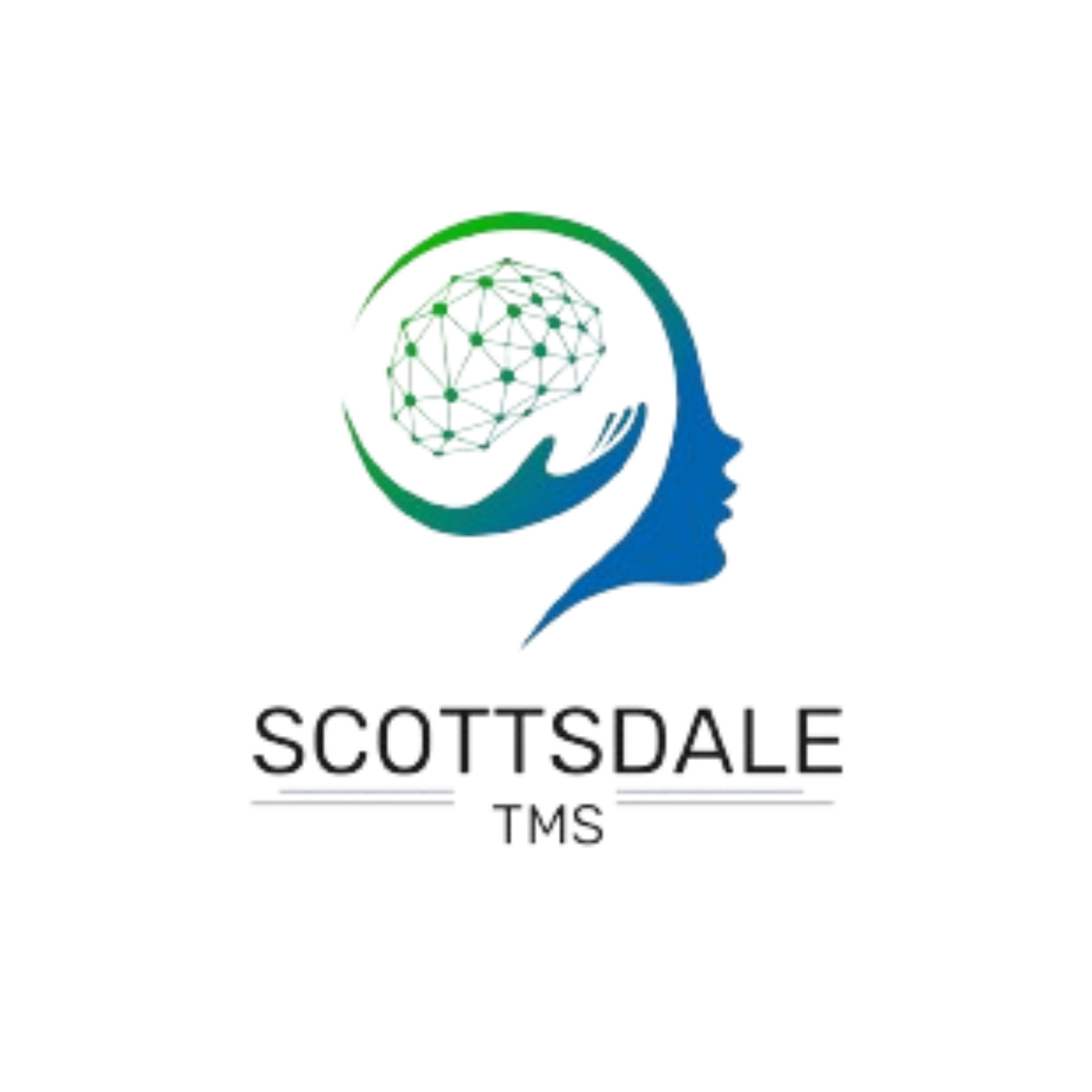Repetitive Transcranial Magnetic Stimulation (rTMS)
Repetitive Transcranial Magnetic Stimulation has shown promising results, with studies reporting up to 60% improvement in treatment-resistant depression patients. This non-invasive therapy uses magnetic pulses to stimulate specific areas of the brain associated with mood regulation.
As a cutting-edge alternative to traditional treatments, it is gaining traction for its minimal side effects and effectiveness. Beyond depression, it is also being explored for conditions like anxiety, PTSD, and neurological disorders, offering new hope for those who haven’t responded to conventional therapies.
Questions Answered in This Article:
Our Treatment Centers

Scottsdale Rehab
Luxury Personalized Rehab

Hart Rehab
Holistic Luxury Personalized Rehab

Scottsdale Detox
Luxury Medical Detox
What is rTMS?
Repetitive Transcranial Magnetic Stimulation is a non-invasive treatment that uses magnetic pulses to stimulate specific areas of the brain. It is mainly used to help people with depression, especially when other treatments haven’t worked. By targeting brain regions involved in mood regulation, symptoms can be improved without the need for surgery or medication.
How Does rTMS Work?
rTMS therapy involves a series of magnetic pulses directed at specific areas of the brain to improve mood regulation. This process helps stimulate nerve cells that are responsible for emotional control.
- Magnetic Pulses Applied: The treatment begins by placing a coil on the scalp, which sends magnetic pulses to targeted brain areas. These pulses work to activate or reset brain circuits involved in mood and emotional regulation.
- Gradual Improvement: With repeated sessions, the stimulation helps alter brain activity over time. This can lead to significant improvements in symptoms of depression and other mental health conditions.
rTMS Side Effects
Repetitive Transcranial Magnetic Stimulation is generally well-tolerated, but like any treatment, it can cause some side effects. Most are mild and temporary, occurring shortly after the session.
- Headache: A common side effect of rTMS is mild to moderate headaches. These headaches typically resolve after treatment or can be managed with over-the-counter pain relievers.
- Scalp Discomfort: Some patients may feel discomfort or tingling on the scalp where the magnetic coil is placed. This sensation usually fades after the session or becomes less noticeable with repeated treatments.
- Lightheadedness: A few patients may experience brief lightheadedness during or right after sessions. This side effect is usually short-lived and does not require medical intervention.
- Twitching or Muscle Spasms: Occasionally, the magnetic pulses can cause involuntary twitching or muscle spasms in the face or scalp. These movements are generally harmless and stop once the treatment ends.
- Hearing Sensitivity: Because the machine can be loud, some individuals may develop temporary hearing sensitivity. Earplugs are often provided to reduce noise during the session, minimizing this effect.
Who Can Benefit With rTMS?
Repetitive Transcranial Magnetic Stimulation can be a valuable treatment option for people who haven’t responded to traditional therapies or medications. It offers hope for various mental health and neurological conditions.
- Individuals with Depression: rTMS is particularly beneficial for those with treatment-resistant depression, where medications and therapy have been ineffective. It targets brain regions involved in mood regulation, offering symptom relief without the side effects of medication.
- Anxiety Disorder Patients: Patients with anxiety disorders may benefit from rTMS, as it can help calm overactive brain areas linked to stress and worry. This treatment is especially helpful when anxiety is paired with depression.
- People with PTSD: For individuals suffering from post-traumatic stress disorder (PTSD), it can provide a non-invasive approach to reduce hyperarousal and intrusive symptoms. Studies show that it may help regulate emotional responses tied to trauma.
- Neurological Condition Sufferers: Those with neurological conditions like Parkinson’s disease or chronic pain may find rTMS beneficial. It works by stimulating brain circuits that control movement or pain perception, improving quality of life.
- Patients with OCD: rTMS can also help those with obsessive-compulsive disorder (OCD), particularly when other treatments have failed. It targets brain circuits involved in compulsive behaviors, reducing their intensity over time.
rTMS Treatment Near Me
If you or someone you know is dealing with depression, seeking help early is crucial. At Scottsdale TMS Therapy, we provide comprehensive care to help you find relief.
Our experienced team is dedicated to developing personalized treatment plans designed to meet your specific needs. Contact us today to start your journey toward lasting recovery.

